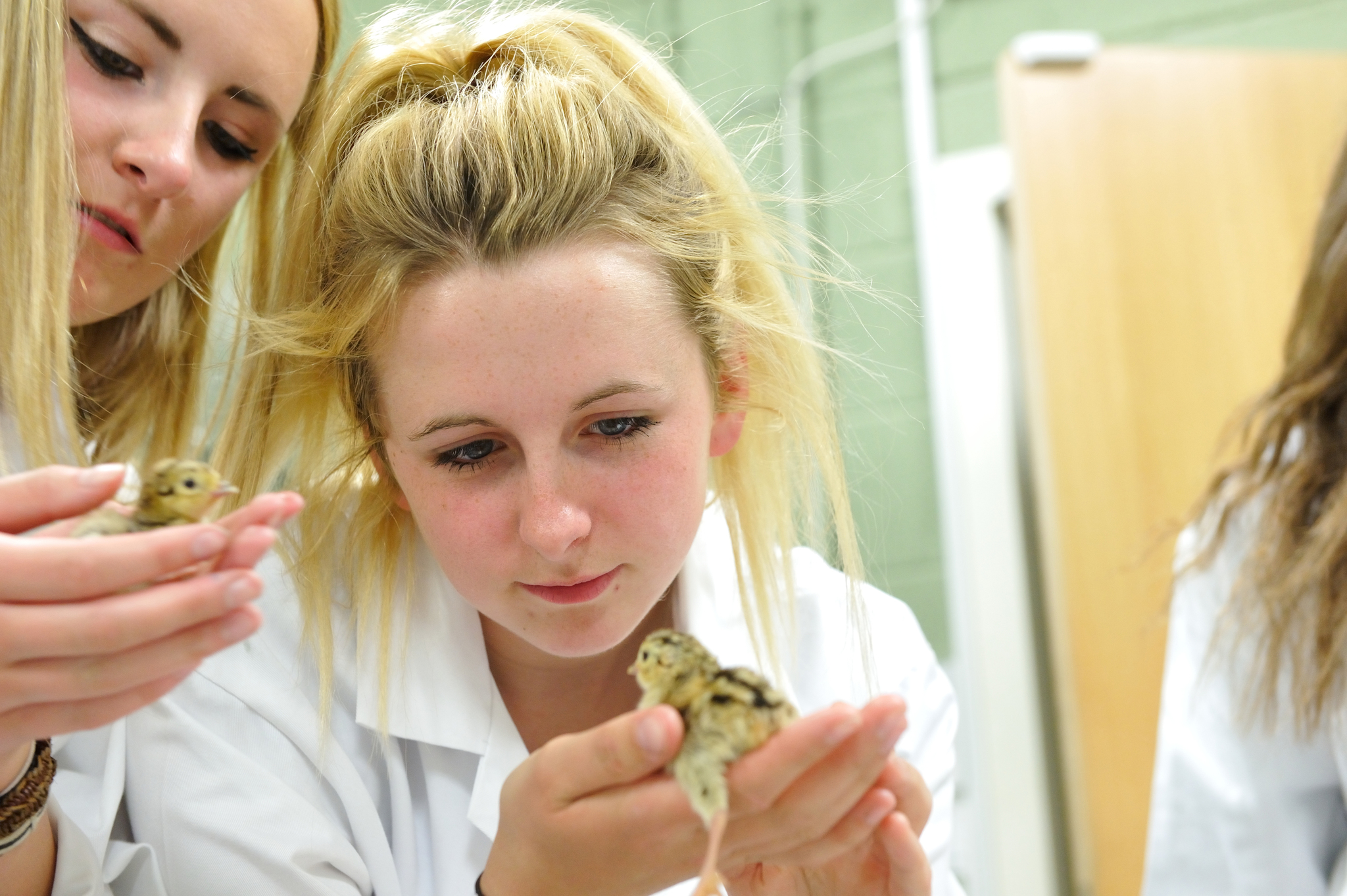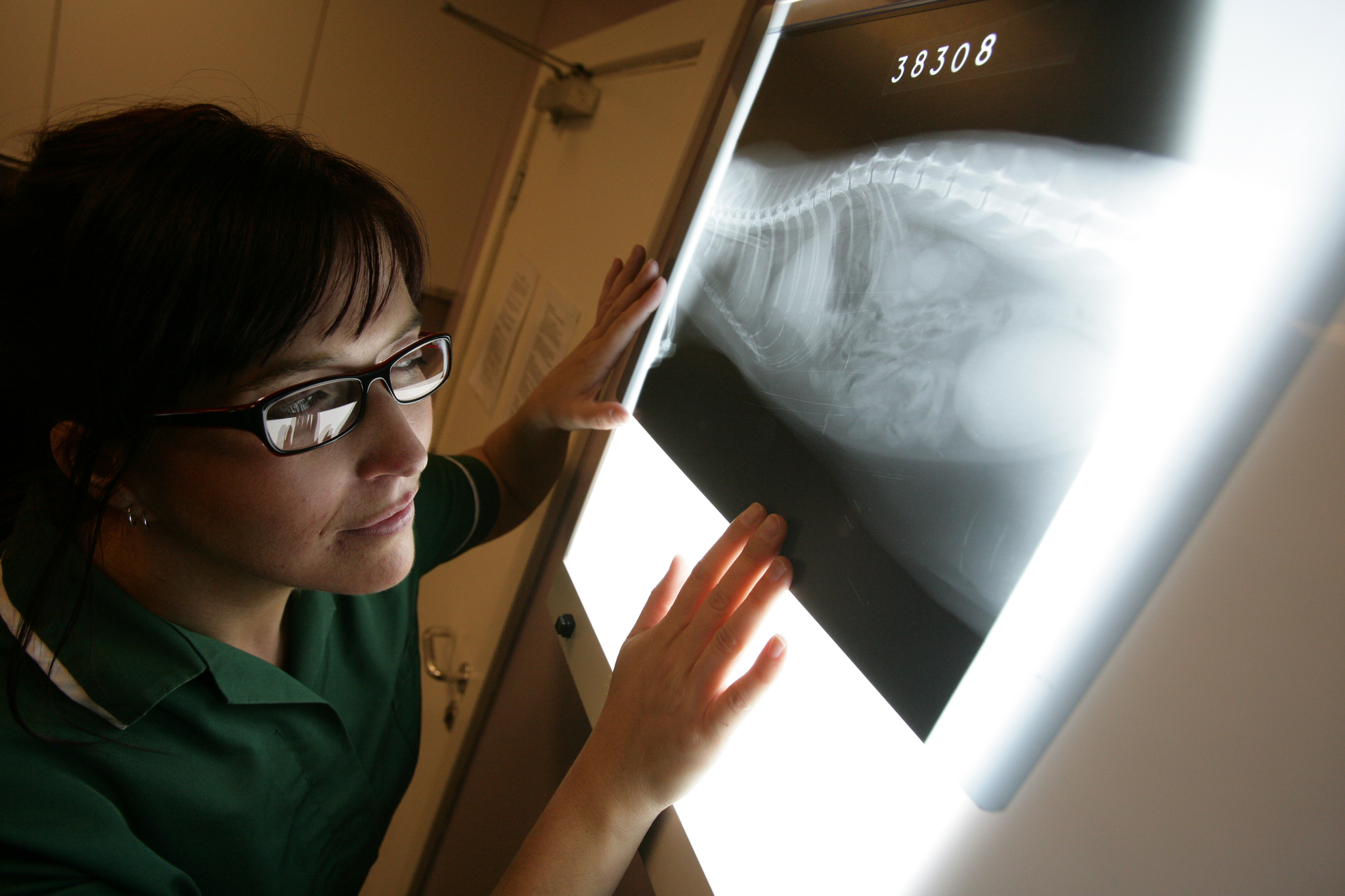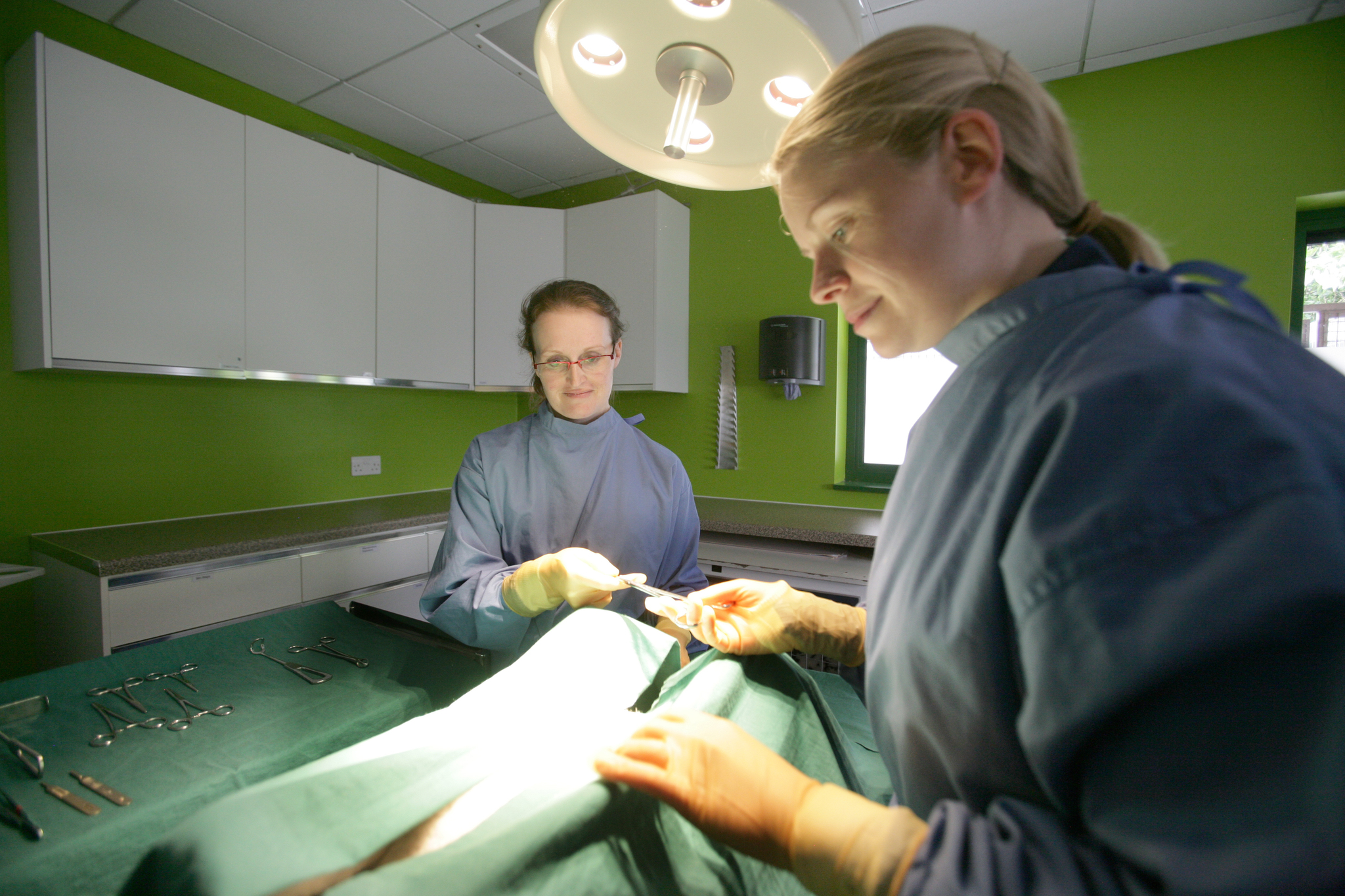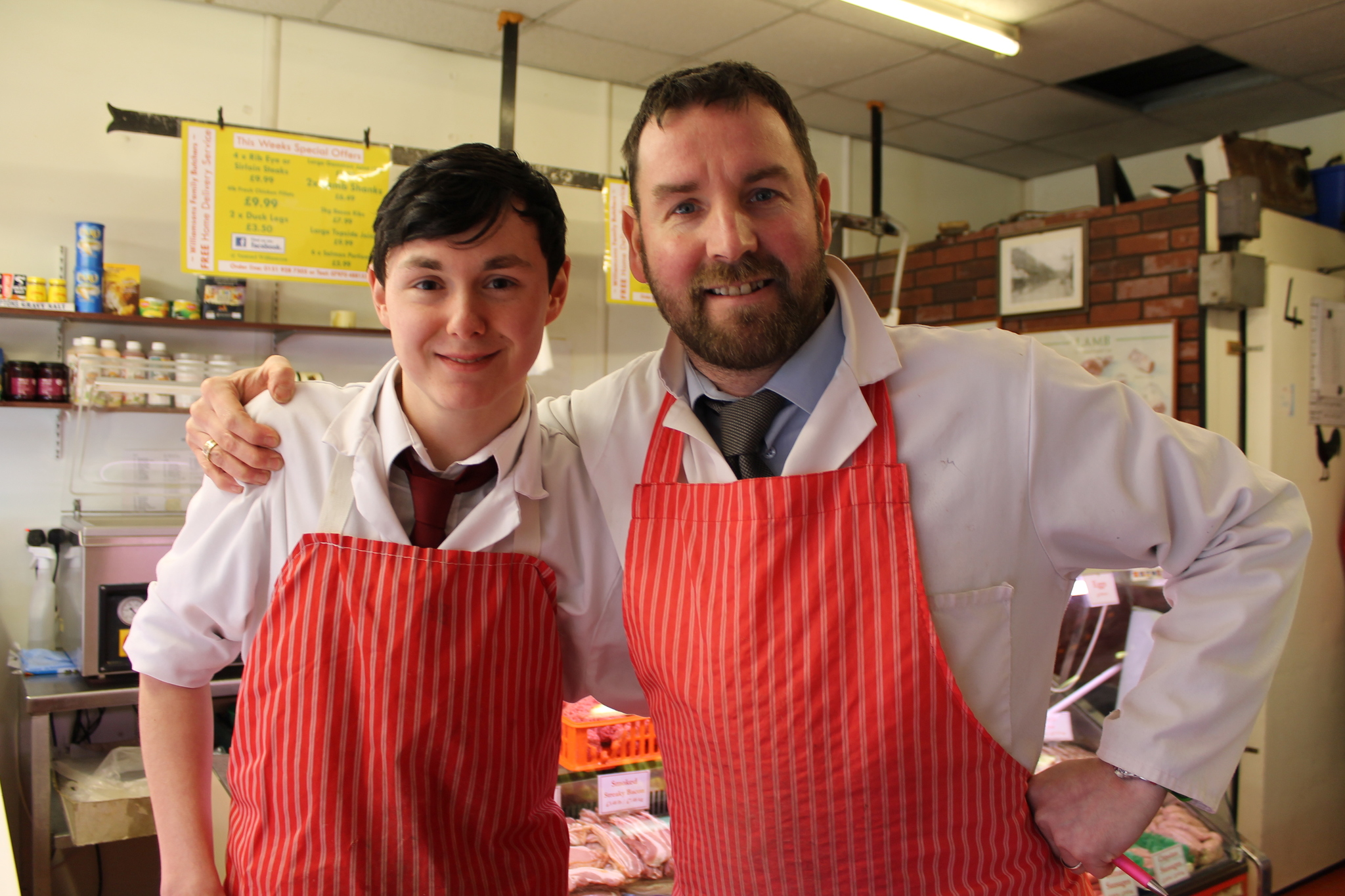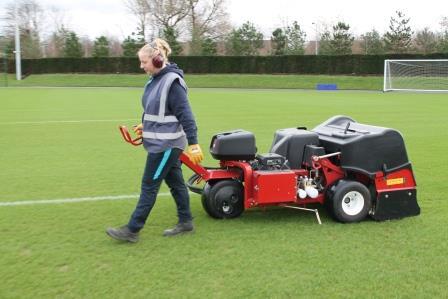Course modules
Combined Competence and Knowledge Qualification
Skills, Knowledge & Behaviours
An apprentice will be required to undertake & have an understanding of a number of different core skills, knowledge & behaviours to complete this apprenticeship. Please see factsheet for more information.
Functional Skills
Entry requirements & additional information
Entry requirements
Entry Criteria
A potential Level 3 apprentice:
Must be aged 16 or over & have officially left school.
Must be employed (NOT self-employed) in the relevant occupational sector, working a minimum of 30 hours per week.
Minimum of 5 GCSEs at grades A-C/4-9 including maths, English Language & Science are required.
NB: English Language & Maths Functional Skills Level 2 will be accepted as an alternative to GCSEs however Adult Numeracy and Literacy qualifications, will not be accepted.
An individual can only undertake an apprenticeship at the same or lower level than a qualification they already hold, if this allows the individual to acquire substantive new skills and the content of the training is materially different from any prior training or a previous apprenticeship.
Must have the right to work in England & spend at least 50% of their working hours in England over the duration of the apprenticeship.
Must be a citizen of a country with in the European Economic Area (EEA) or have the right of abode in the UK AND have been ordinarily resident in the EEA for at least the previous 3 years on the first day of learning.
All Apprenticeships require Initial assessment, vocational skills scan, an interview and suitable employment in the industry.
Learning and assessment
Progression
Careers
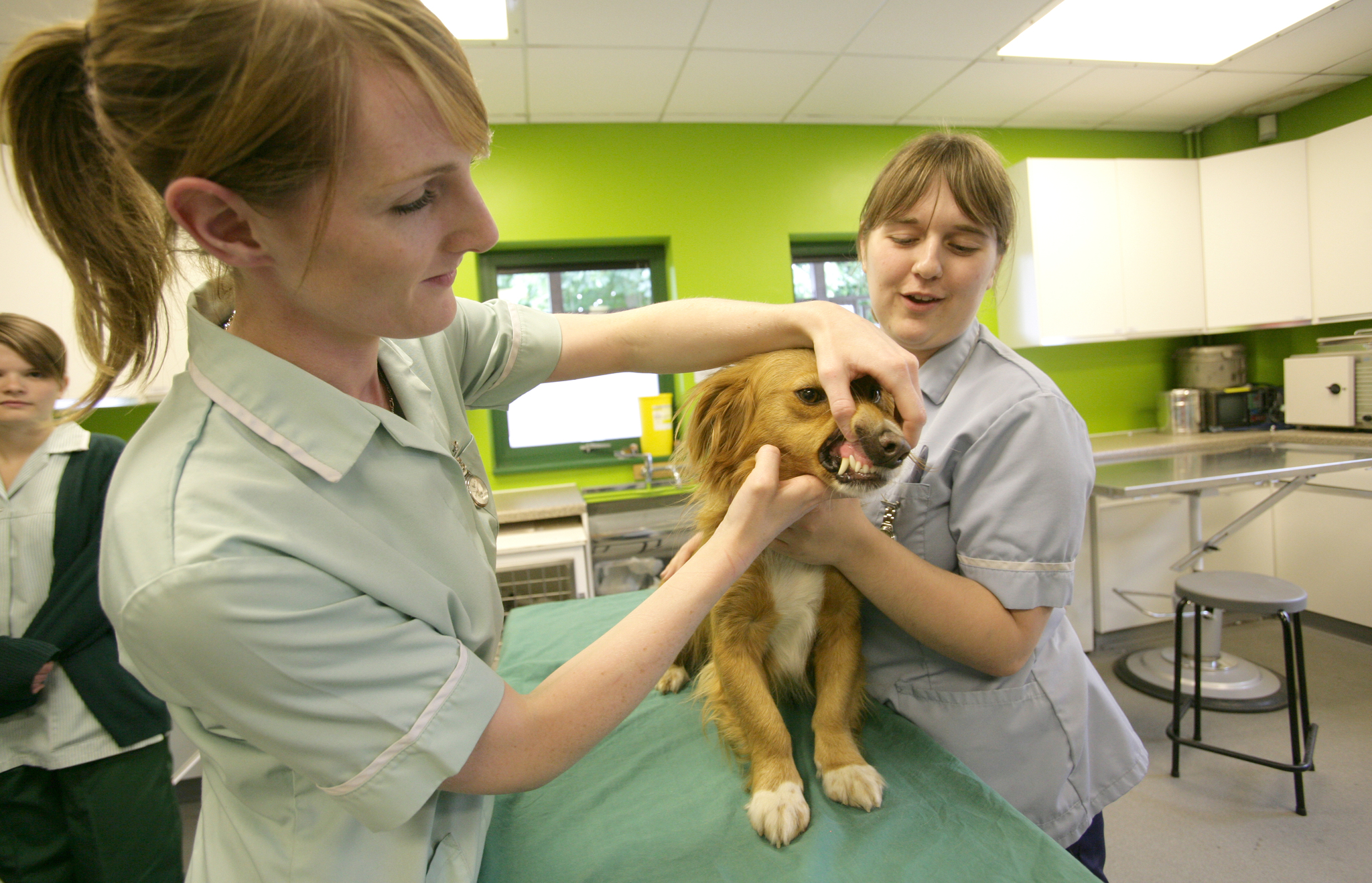

Latest news, Veterinary nursing
-
South Africa adventures for Myerscough student vet nurses
- Published
- Tuesday 25 March
-
Veterinary Nursing – excellence in practice with superb career prospects for half a century
- Published
- Thursday 27 February
-
SUCCESS STORY: Chloe becomes one of UCLan’s first ever trainee vets to graduate
- Published
- Monday 6 January
-
First cohort begin new innovative VetSkill programme
- Published
- Friday 6 Sep 2024
-
Degree students share their research projects at Graduate Showcase
- Published
- Friday 26 Apr 2024
-
Myerscough veterinary nursing tutor recognised for teaching excellence
- Published
- Friday 30 Jun 2023

